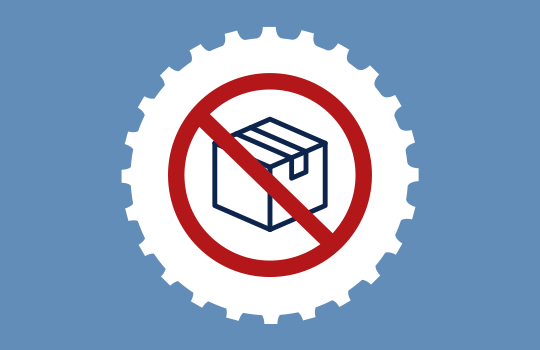 The U.S. Consumer Product Safety Commission’s (CPSC) laws and regulations apply to any person who sells, offers for sale, manufactures, distributes, or imports consumer products in the United States. Among other things, this includes all consumer products sold online – everything from products sold directly by the original manufacturer or importer, to products sold secondhand by a consumer in an online marketplace.
The U.S. Consumer Product Safety Commission’s (CPSC) laws and regulations apply to any person who sells, offers for sale, manufactures, distributes, or imports consumer products in the United States. Among other things, this includes all consumer products sold online – everything from products sold directly by the original manufacturer or importer, to products sold secondhand by a consumer in an online marketplace.
If you are a consumer looking to resell some of your old products online (or in-person, too), it’s important to know that it is illegal to sell any recalled product. When reselling a product, such as your old bassinet or leaf blower, it is your responsibility to know whether that product has been recalled for a safety issue. It is unlawful to offer recalled products for sale under Section 19 of the Consumer Product Safety Act (15 U.S.C. § 2068).
Take these steps to ensure the products you are reselling are safe for the purchasing consumer:
- Check cpsc.gov/recalls before listing your product for sale to see if the product has been recalled by the CPSC.
- Read the CPSC Reseller’s Guide to Selling Safer Products for more information on how to prioritize safety when reselling your used products.
- Sign up for recall alerts to stay up to date with the latest product safety and recall news.
- Follow us on Facebook, Twitter, Instagram, and YouTube to stay engaged on product safety.
Selling recalled products can have deadly consequences for the purchasing consumer and their family. CPSC staff is continually monitoring several online marketplaces scanning for recalled products to make sure those dangerous products don’t end up in the hands of unsuspecting consumers. Below is an overview of some of the most commonly found categories of recalled products currently being resold online and why it’s so important not to resell these recalled goods.
Infant Sleep Products and Baby Loungers
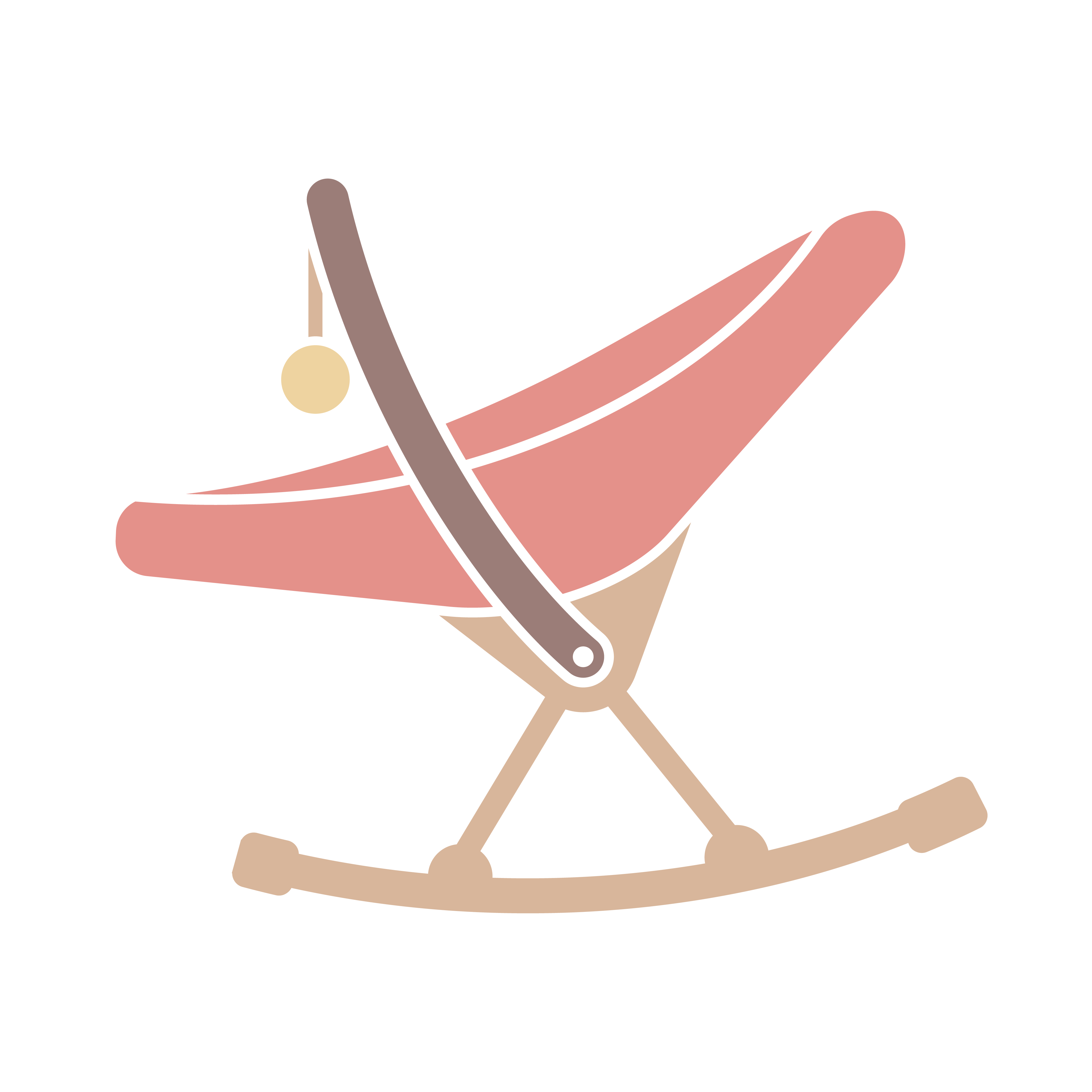
Some of the recalled products listed here have resulted in multiple infant deaths. It’s imperative that if you are either looking to resell one of your old baby products, or looking to buy a baby product secondhand, check to make sure it hasn’t been recalled. Taking five extra minutes to check cpsc.gov/recalls before buying or selling a used product could save a life.
Check out our consumer safe sleep guidance for more helpful tips on how to ensure babies have a safe sleeping environment.
Please also note, manufacturers and importers of infant sleep products need to meet mandatory federal performance requirements, and other children’s product safety requirements, as detailed here: Infant Sleep Products Business Guidance and Small Entity Compliance Guide | CPSC.gov.
Toy Chests
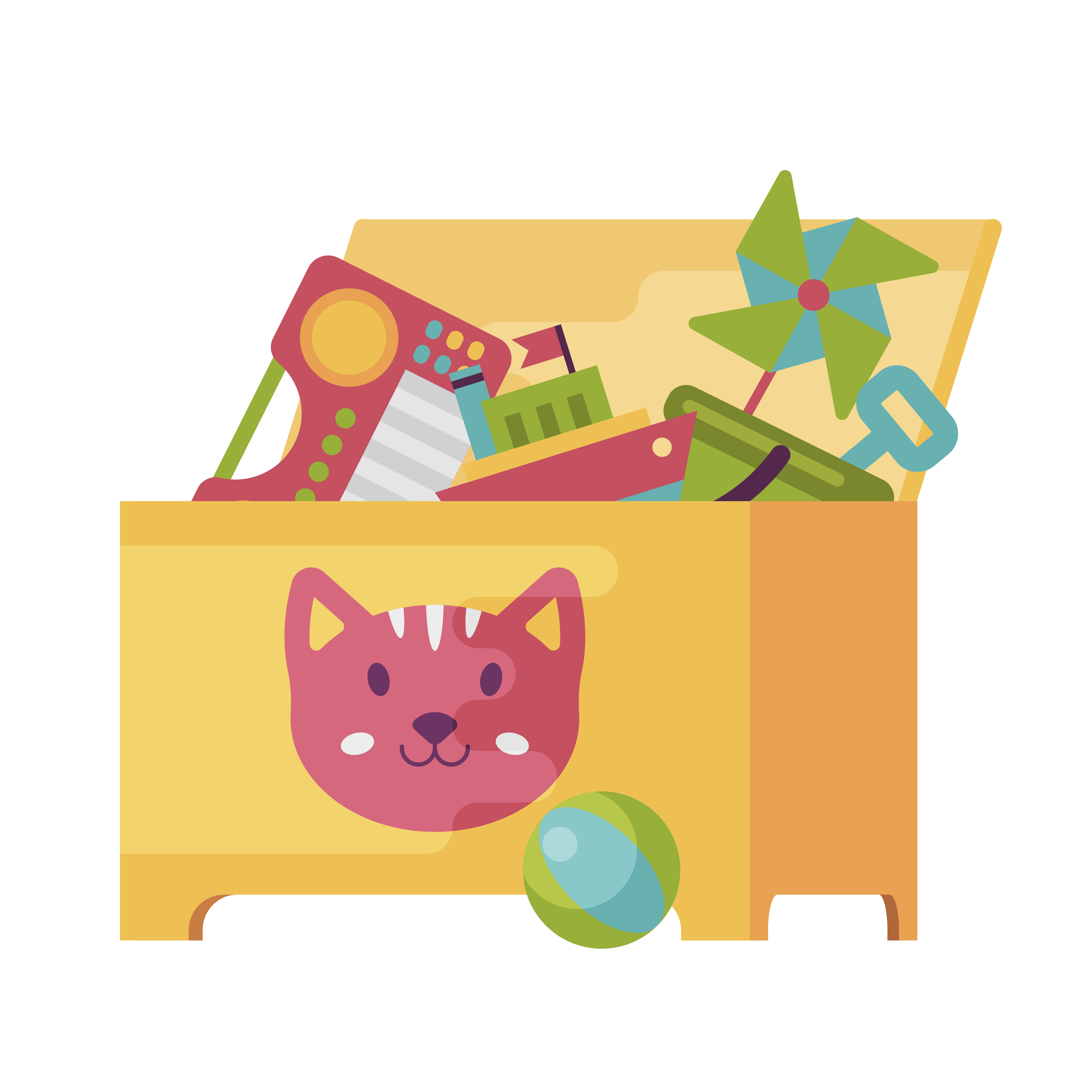
Toy Chests are required to meet mandatory performance requirements in the federal toy safety standard: 16 CFR part 1250/ASTM F963. Older toy chests that have been in your family for a long time may not meet the current performance requirements. This means they may have locking mechanisms that create an airtight seal without a way to open the chest from the inside, potentially resulting in child suffocations.
Other problematic toy chests have issues with the opening and closing mechanism, resulting in hand/finger degloving/amputation, and head entrapment issues.
Take a look at these recall notices to make sure you don’t purchase or resell a dangerous toy chest.
Baby Cribs
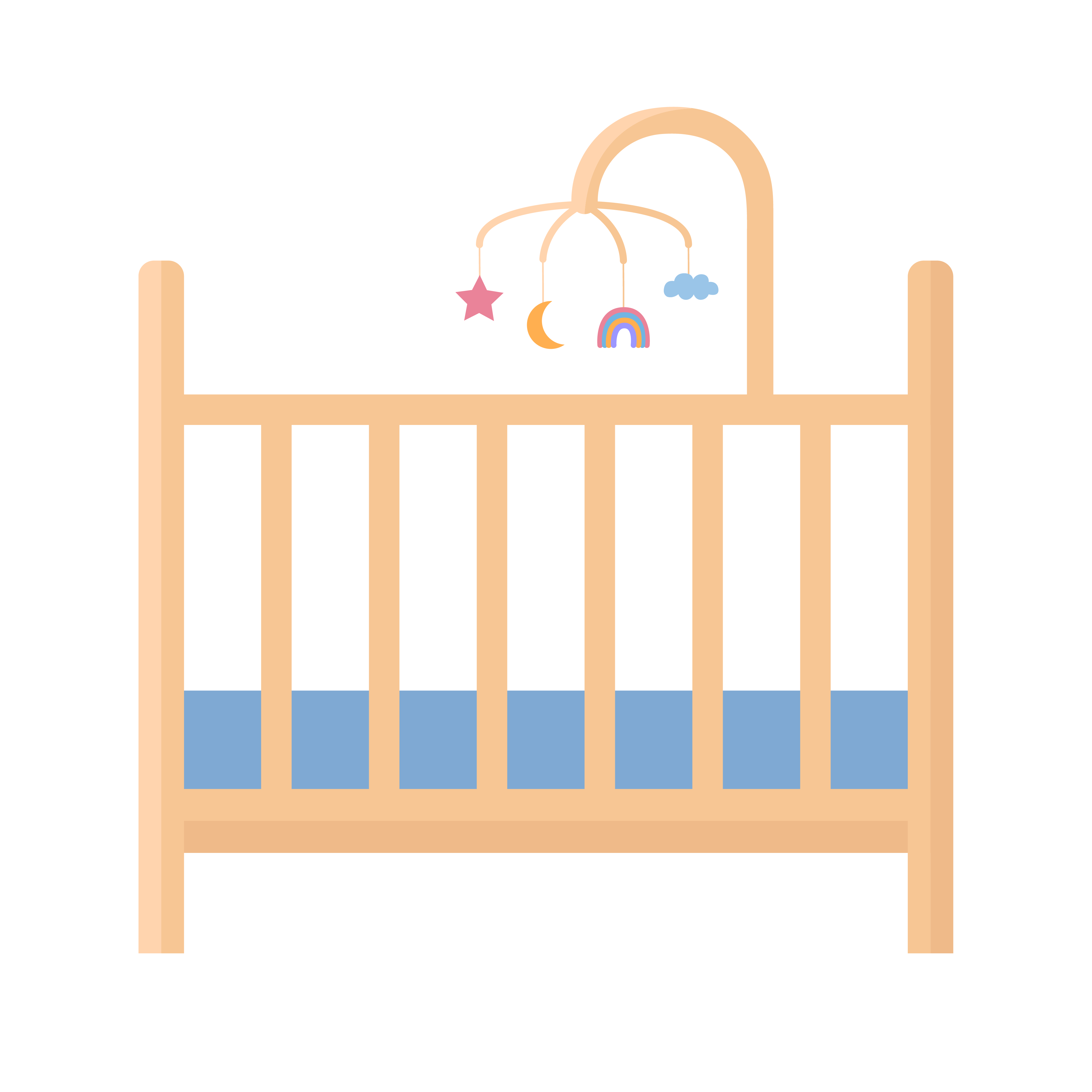
Effective on June 28, 2011, compliance with the federal safety crib standards (16 CFR part 1219 and 16 CFR part 1220) became mandatory and applied retroactively to the manufacture, sale, and other placement in the stream of commerce of all new or used full-size and non-full-size baby cribs.
This means that any cribs manufactured or sold before that June 2011 effective date, are very likely noncompliant, unsafe, and illegal to sell or distribute into the stream of commerce. Many of these older cribs have wider gaps between slats and dangerous drop-side mechanisms that pose a serious risk of injury or death to infants.
Please check CPSC’s crib and crib-related recalls for important safety information on this crucial product category.
Bassinets and Cradles
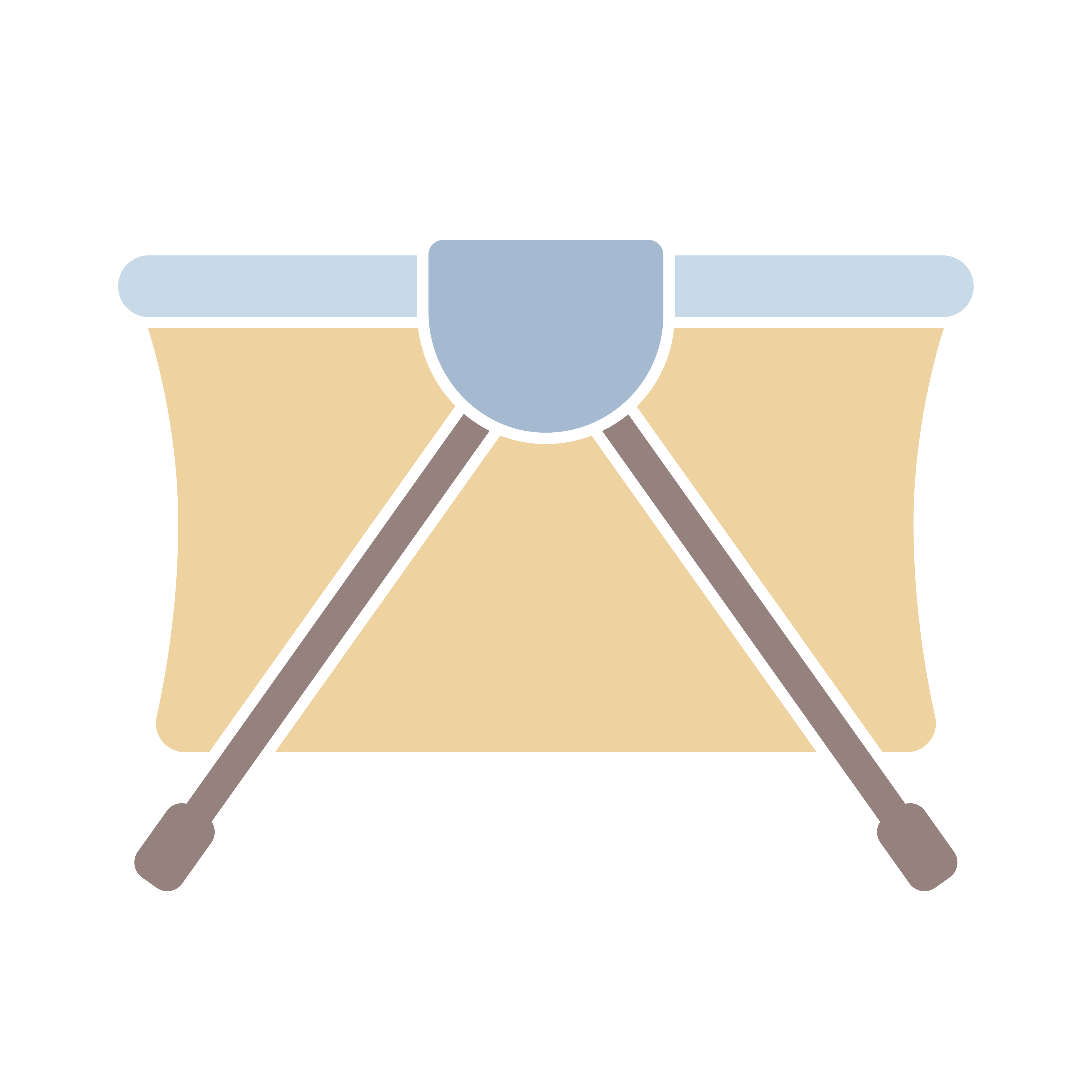
Bassinets and cradles have to meet a mandatory federal safety standard: 16 CFR part 1218. Read more about requirements in place for bassinets and cradles on CPSC’s business guidance page. The standard seeks to minimize the risk of deaths and injuries associated with the use of bassinets and cradles, including those related to infant falls, entrapment, or structural and design problems.
Check out CPSC’s list of recalled bassinets and cradles to ensure you are not accidentally using, purchasing, or reselling one of these dangerous products.
Carriages and Strollers
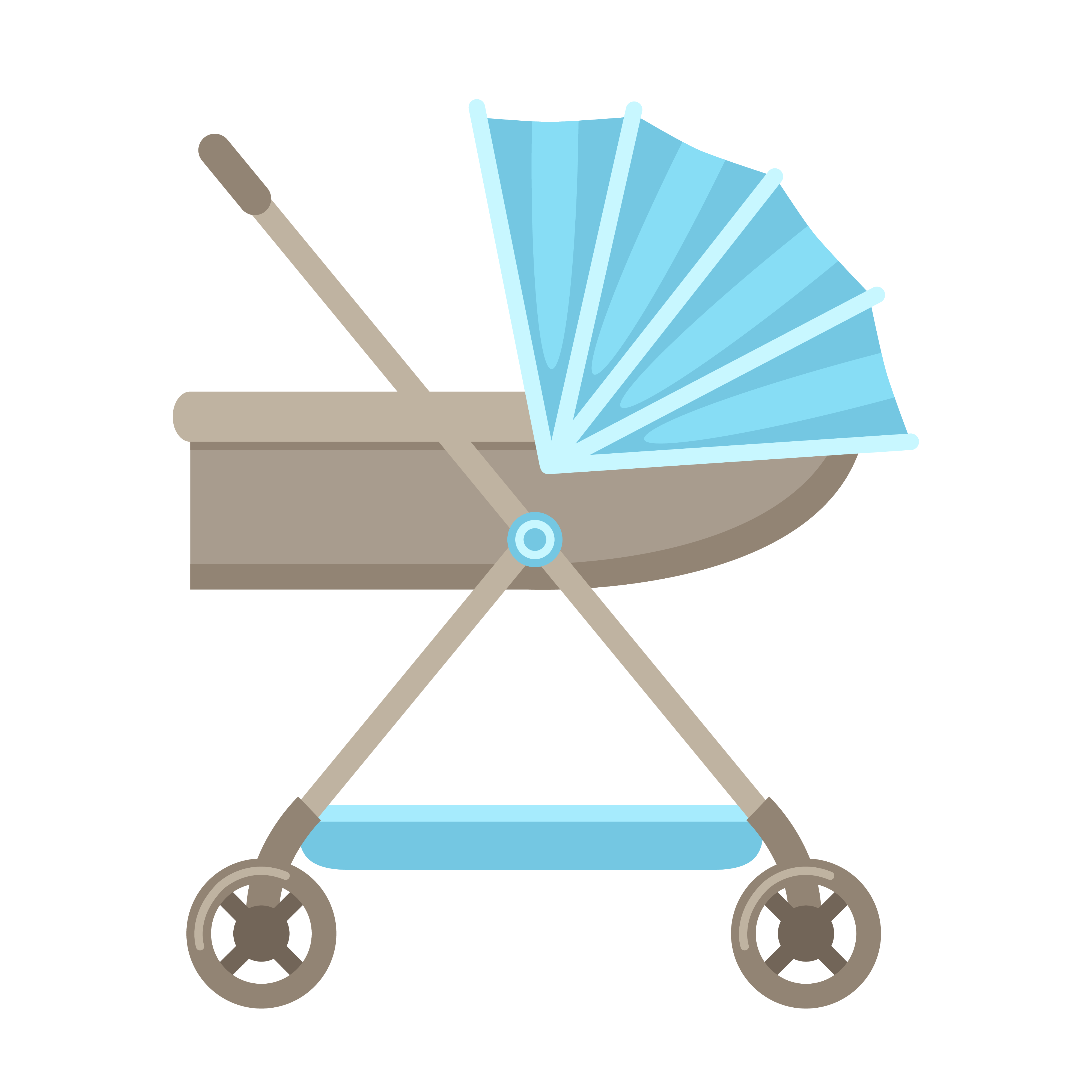
Carriages and strollers have to meet a mandatory federal safety standard: 16 CFR part 1227. Read more about requirements for carriages and strollers on CPSC’s business guidance page. The standard seeks to minimize the risk of deaths and injuries associated with the use of carriages and strollers in many ways. Some of the hazards the standard seeks to address include finger entrapments or amputations from hinge closures, falls from tip-overs or harness/handlebar failures, and other various injuries resulting from failures in the braking or locking mechanisms.
Check out CPSC’s list of recalled carriages and strollers to ensure you are not accidentally using, purchasing, or reselling one of these dangerous products.
Contact Us
For more information please contact:
- Small Business Ombudsman: https://www.cpsc.gov/SBOContact
- Consumer Ombudsman: https://www.cpsc.gov/About-CPSC/Consumer-Ombudsman
